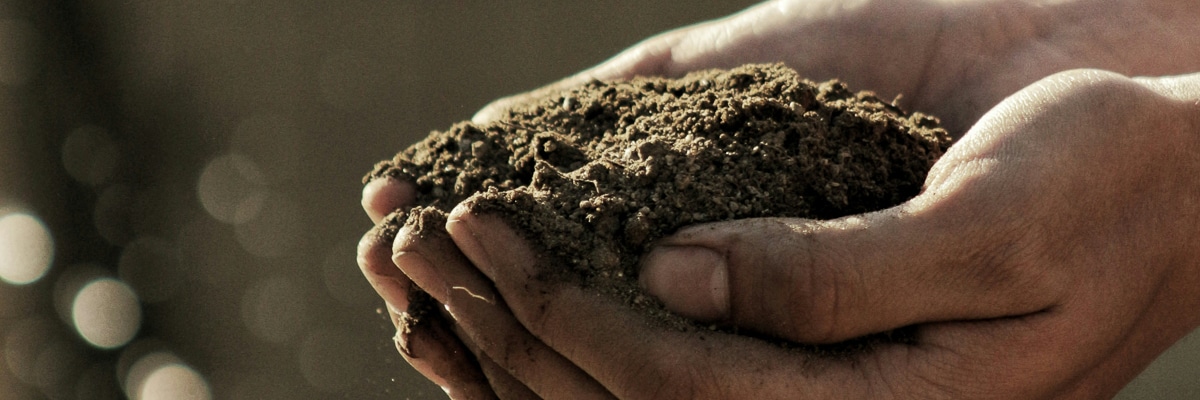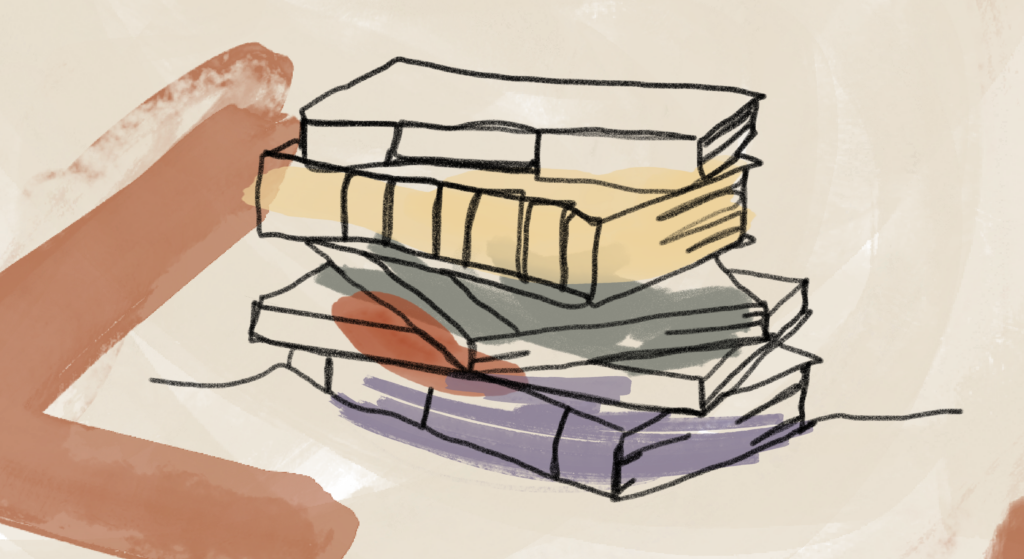
The thing about domestic violence and intimate partner abuse is sometimes we don’t see it because everything appears normal. Because there is no one type of abuse victim, often people are being abused and we have no idea…. Then there are times when we do, yet we pretend not to see…. The friends in this passage who knew their friend needed help did not turn the other way; they instead went and picked him up to get him some help.
—Rev. Kamilah Hall Sharp
In a sermon on the healing of the paralyzed man (Luke 5:17–25), Rev. Kamilah Hall Sharp challenges the church to support those who are suffering from the terrors of domestic abuse:
Here [the paralyzed man] is unable to walk around freely, depending on others, and being marginalized because in this society most people believed if something was wrong with you, it was because you sinned. You did something wrong or your parents did something wrong. The pain one must feel to have been told the only reason this is happening to you is because of what you did wrong. The pain one must feel when they internalize this and begin to believe it. Here he is living with this, and his friends now are taking him to get help…. I don’t know if the man asked them or if it was the friends’ idea. What I do know is the friends are now taking him. That tells me two things: (1) The friends had to be willing to take him, and (2) the man had to be willing to go.
See, what that means for us is as a community we have to be willing to help those in need and those of us who have been abused must be willing to take help. What would it look like if we were the friends lowering our sister before Jesus? What would it look like if we came as a community around our people in need and said, “My friend, I got you in this time of need”? How does the church create a space where people feel safe and comfortable enough to come and say, “I need help; I’m in danger”?
Sharp affirms God’s desire that all be healed and helped.
For so long, we have failed victims of domestic violence…. Please hear me when I say this; I do not believe God wants any of us to stay in a relationship where we are being abused, married or not. I believe God loves us too much to want us to be abused. God does not want what God has created and said is wonderfully and fearfully made harmed in any way. And as the church, as followers of Jesus, we should not want anyone to be abused for the sake of staying married…. We must be willing to help…. I think we sometimes forget we are the hands and feet of Jesus. We can show or take people to get the help they need.
Reference:
Kamilah Hall Sharp, “Thank You for Being a Friend (Luke 5:17–20),” in The Gathering, A Womanist Church: Origins, Stories, Sermons, and Litanies, Irie Lynne Session, Kamilah Hall Sharp, and Jann Aldredge-Clanton (Wipf and Stock, 2020), 112–115.
Gabriel Jimenez, Untitled (detail), 2017, photo, Unsplash. Click here to enlarge image. Humble soil and saliva are base elements and essential to one of Jesus’ healings. The capacity for healing need not be elaborate or ostentatious.
Story from Our Community:
I grew up in a confusing Catholic home and school. On the one hand, God was punitive, definitely patriarchal, and conditional. On the other hand, Jesus was loving and kind. For many years, I turned away from my Catholic roots, wounded and judgmental of its power to harm. On my healing faith journey, Richard Rohr’s Daily Meditations connect me once again to what I have always known and felt deep within. Christ is unconditionally loving, and universally so. No one and no one thing is outside of being worthy of love. I am grateful to receive these reminders daily.
—Patricia T.




